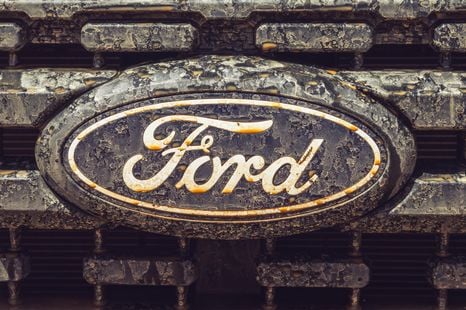

Damion Smy
Ford posts its biggest loss since the Global Financial Crisis
9 Hours Ago

Contributor
BMW is gearing up to launch its upcoming all-electric Neue Klasse platform in 2025, which means there are a lot of electric vehicles (EVs) in the works.
It also reportedly could mean one of the German carmaker’s current internal-combustion engine (ICE) vehicles will be retired in favour of an all-electric equivalent.
According to BMW Blog, which cites a forum member on Bimmerpost, there won’t be a next-generation BMW X4 because projected volume was too low for a decent return on investment.
Instead BMW will reportedly begin production on an all-electric iX4 ‘coupe SUV’ in 2026 at its yet-to-be-finished manufacturing plant in Debrecen, Hungary.
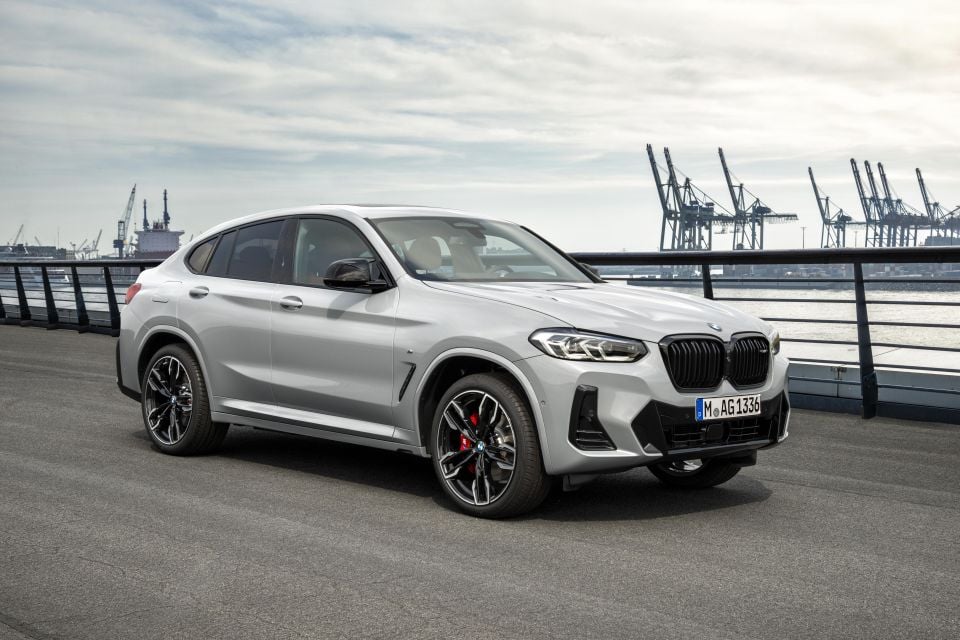
BMWBlog notes there was reportedly supposed to be a next-generation ICE-powered X4 based on an updated version of the existing CLAR architecture to be sold alongside the Neue Klasse-based iX4.
This no longer seems to be the case though, as BMW is only (reportedly) looking to put the all-electric iX4 into production.
The BMW X4 ‘coupe SUV’ was launched locally in late 2014 as a sloped-roof companion to the X3 SUV and took notes from the larger X6 ‘coupe SUV’.
The second-generation X4 launched in 2018, with a mid-life update arriving in Australia in late 2021.
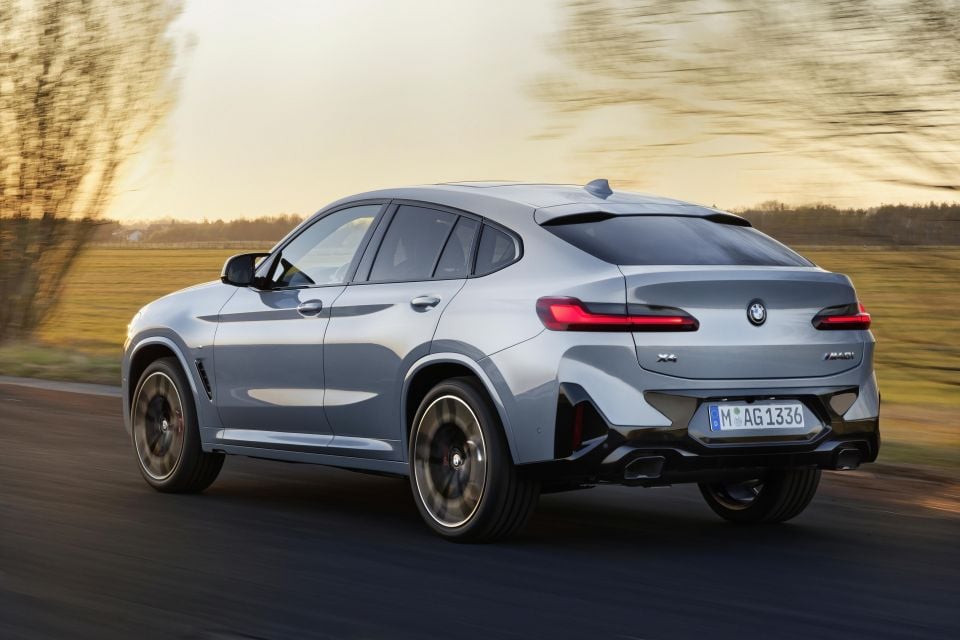
Until August 2022, BMW sold a total of 722 X4 models. It was outsold by its closet competitor, the Mercedes-Benz GLC Coupe, which sold 1198 examples.
The X4 was also outsold by its X3 counterpart (3325 sales), as well as the Mercedes-Benz GLC Wagon (3381 sales), Volvo XC60 (2561 sales), and the Audi Q5 (2228 sales).
As previously reported, BMW’s new series of EVs based on the Neue Klasse architecture is set to debut in 2025 on a 3 Series-sized vehicle.
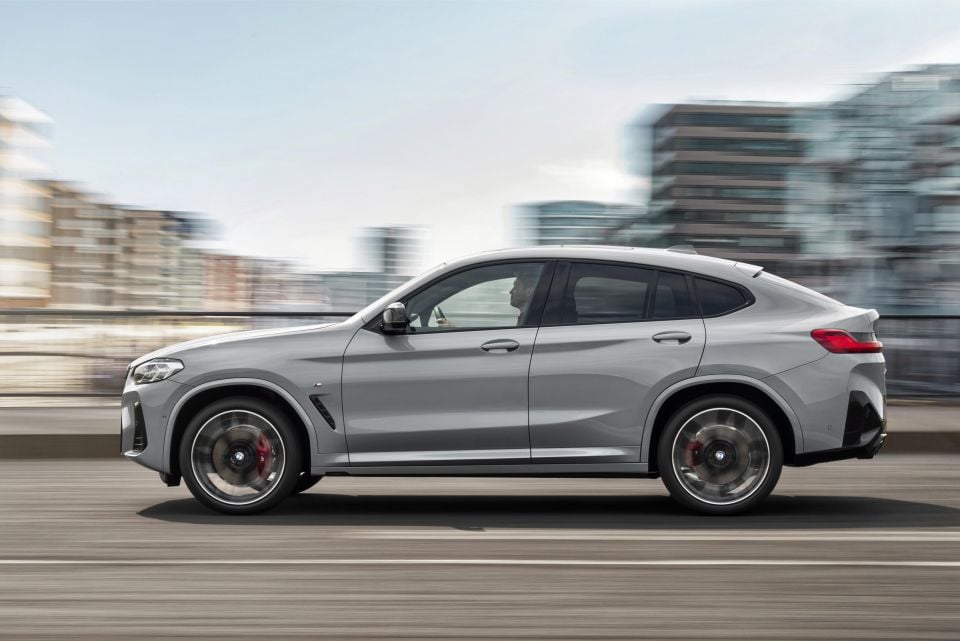
It’s still unknown what this first Neue Klasse vehicle will be known as. It could wear the i3 badge, which is currently used on a 3 Series EV for China and was previously used on the quirky hatchback.
Like all Neue Klasse-based EVs, the upcoming iX4 ‘coupe SUV’ is expected to use BMW’s sixth-generation batteries.
These new battery cells will be produced by Chinese battery giants CATL and EVE Energy and will be in a cylindrical form instead of the traditional prismatic style.
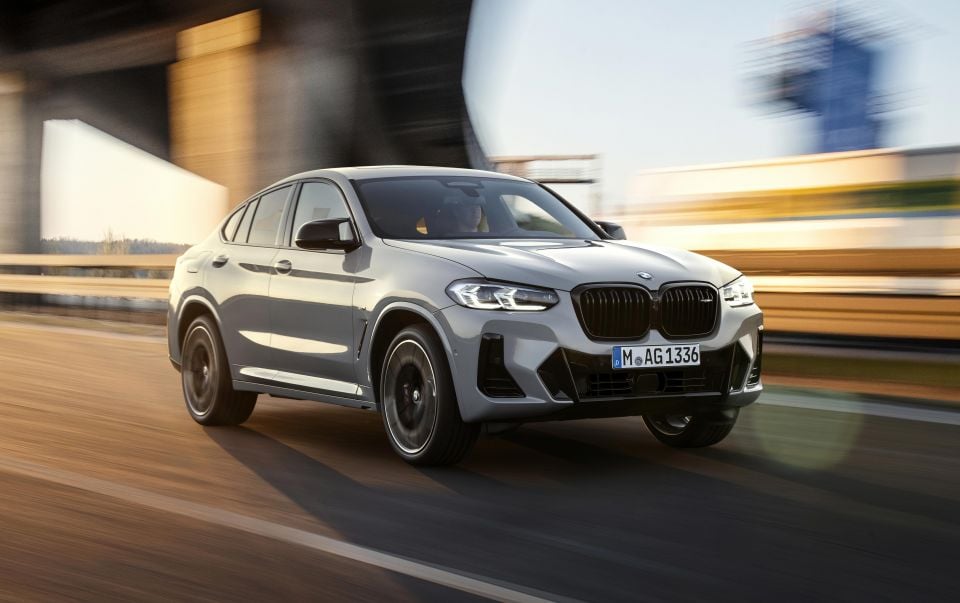
BMW claims these new cylindrical battery cells are up to 50 per cent cheaper to produce, 20 per cent more energy dense, offer 30 per cent more range, and are 30 per cent quicker to charge.
Unlike some other automakers, BMW has yet to make any announcements about when it will end development and production of ICE vehicles.
The carmaker’s latest plan calls for it to produce a total of two million all-electric cars by 2025. By 2030, the company expects half of its annual global sales to be EVs.
MORE: Everything BMW X4 MORE: BMW Neue Klasse EV platform to debut on 3 Series-sized vehicle MORE: How BMW will offer cheaper, longer-range EVs from 2025
Go deeper on the cars in our Showroom, compare your options, or see what a great deal looks like with help from our New Car Specialists.
Jack Quick is an automotive journalist based in Melbourne. Jack studied journalism and photography at Deakin University in Burwood, and previously represented the university in dance nationally. In his spare time, he loves to pump Charli XCX and play a bit of Grand Theft Auto. He’s also the proud owner of a blue, manual 2020 Suzuki Jimny.


Damion Smy
9 Hours Ago
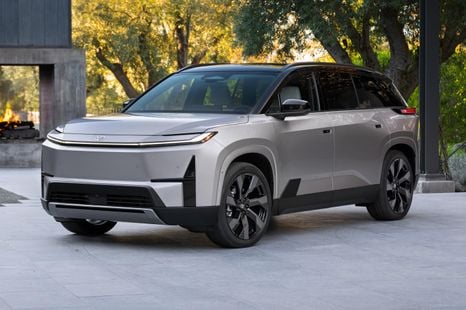

Damion Smy
10 Hours Ago
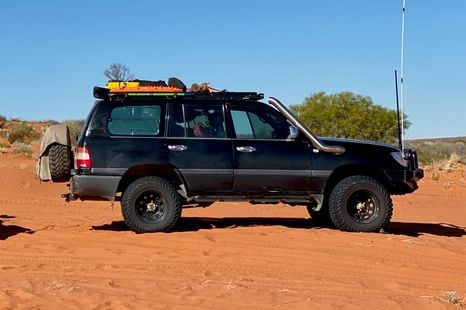

Ben Zachariah
12 Hours Ago
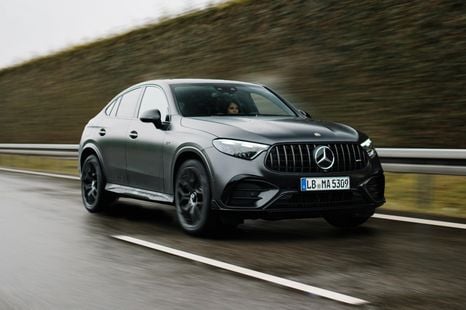

William Stopford
13 Hours Ago
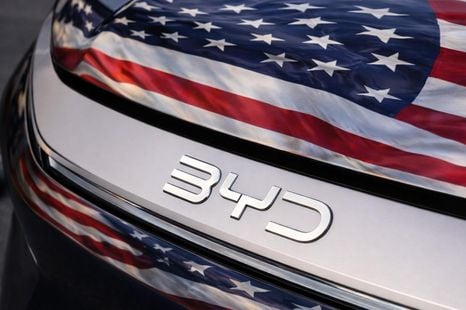

Damion Smy
16 Hours Ago
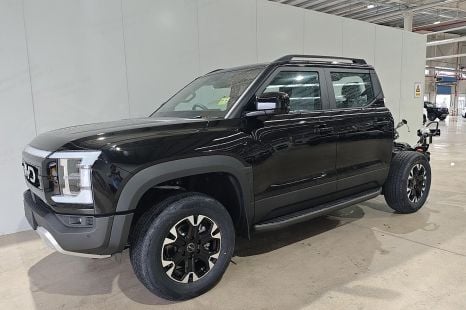

William Stopford
16 Hours Ago
Add CarExpert as a Preferred Source on Google so your search results prioritise writing by actual experts, not AI.